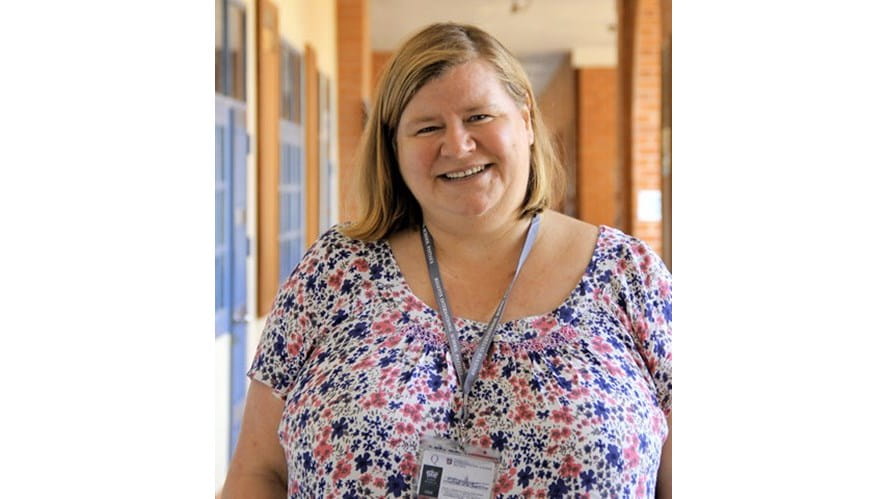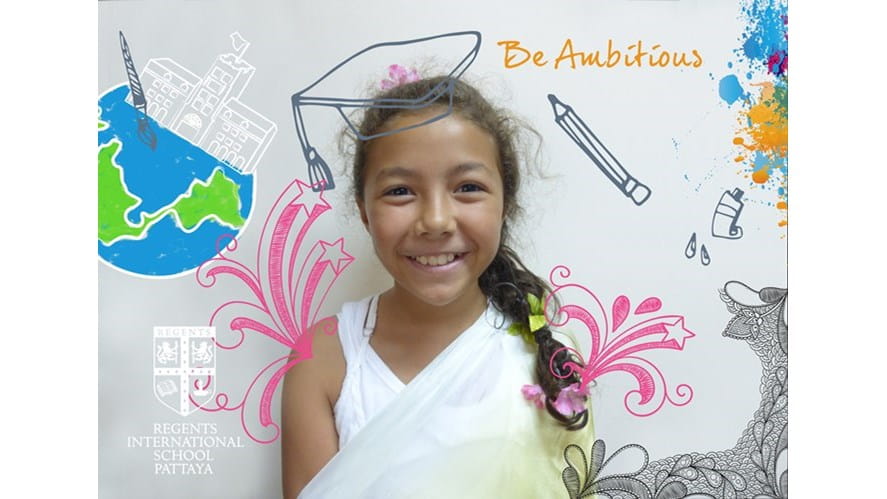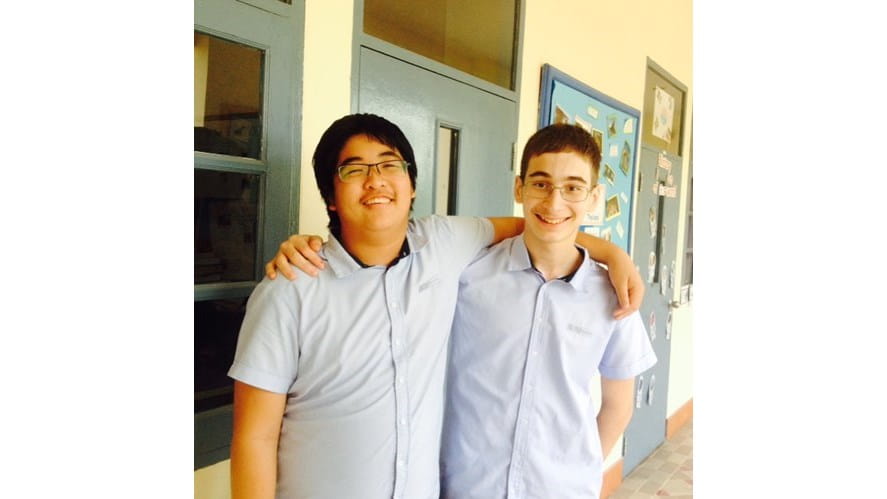The Art of Reflection: the IB Diploma Programme
By Rachel Batty – IB Diploma Coordinator and Assistant Head of Secondary
I have just returned from the International Baccalaureate Regional Conference in Hyderabad, India and as always after attending such an event, I feel privileged to be part of such an organisation and to have had such an opportunity. It enables me as a Diploma Programme Coordinator to find out about the changes ahead within the IB Diploma Programme and to learn from other IB educators about how they manage the Programme in their own schools. Most importantly, it is an opportunity to reflect on where we are in terms of our own IB Programme – how we are faring and whether there are systems we can put in place to better support the students.
A chance to reflect is rare but invaluable and at times seems only possible when far away from the demands and stresses of our everyday lives. In fact, in our fast-paced, ever-changing world with its over-reliance upon appliances and technology, there seems very little down time or opportunity to simply stop and think. There is always the next job to tick off the list, which certainly in the short term, seems much more pressing and important.
As an organisation, the IB places great emphasis on the need for regular reflection – for example, there is a rolling programme of curriculum review and ongoing research designed to inform educational developments. One example of this is the current research being undertaken to establish whether the IB Diploma Programme places too many demands on young people, examining how we can ease the load without compromising on the challenge and rigour for which the programme is renowned.
Reflection plays a key role within the Diploma Programme itself, with students expected to record their personal reflections following their CAS (Creativity, Action, Service) experiences, using a medium of their choice. Increasingly, students are expected to consider the process and not just the outcomes when undertaking work, by submitting an accompanying reflective statement or analysing the different stages of an assignment. They are asked to pause and think about what lessons have been learned so far, before considering what the next stages should be. The art of reflection needs to be learnt: initially superficial and naïve, with practice, reflection can be pertinent and insightful, enabling us to make enormous progress and develop academically, professionally and even personally.
The IB Diploma Programme's in-built reflection process fits in with Regents own Growth Mindset philosophy and our belief that there are no limits in what can be achieved with time and support. The ability to critically examine and subsequently adapt and refine is a powerful tool. If it is true that the employers of today want to employ young people who can problem solve and think critically and creatively, then we need to ensure that students have acquired the ability to reflect effectively throughout their school life. As educators, we need to make time within our busy schedules to ensure all students, both boarding school and day students, develop this important skill.





